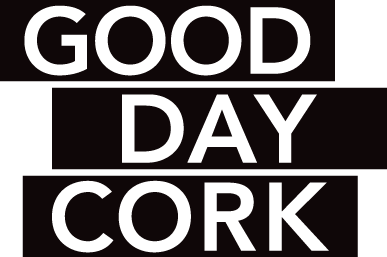Excavating Lost Puzzle Pieces By Kel Menton Share on facebook Share on twitter Share on whatsapp Cork born Artivist, Kel Menton completed their MA in Medieval Literature at UCC. Kel discusses their dissertation ‘Of Monsters and Thems: Problematising Cis-Heteronormativity in Old Norse and Old English Scholarship’. Their research encourages us “to think twice”. In a...

